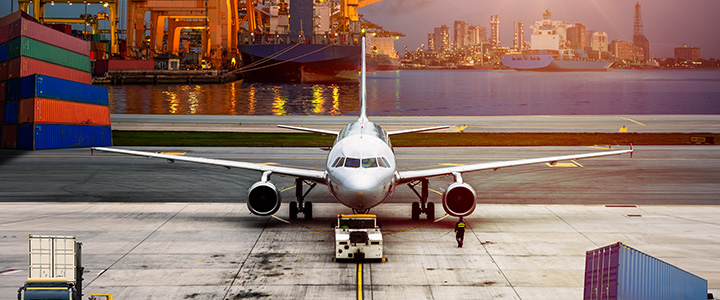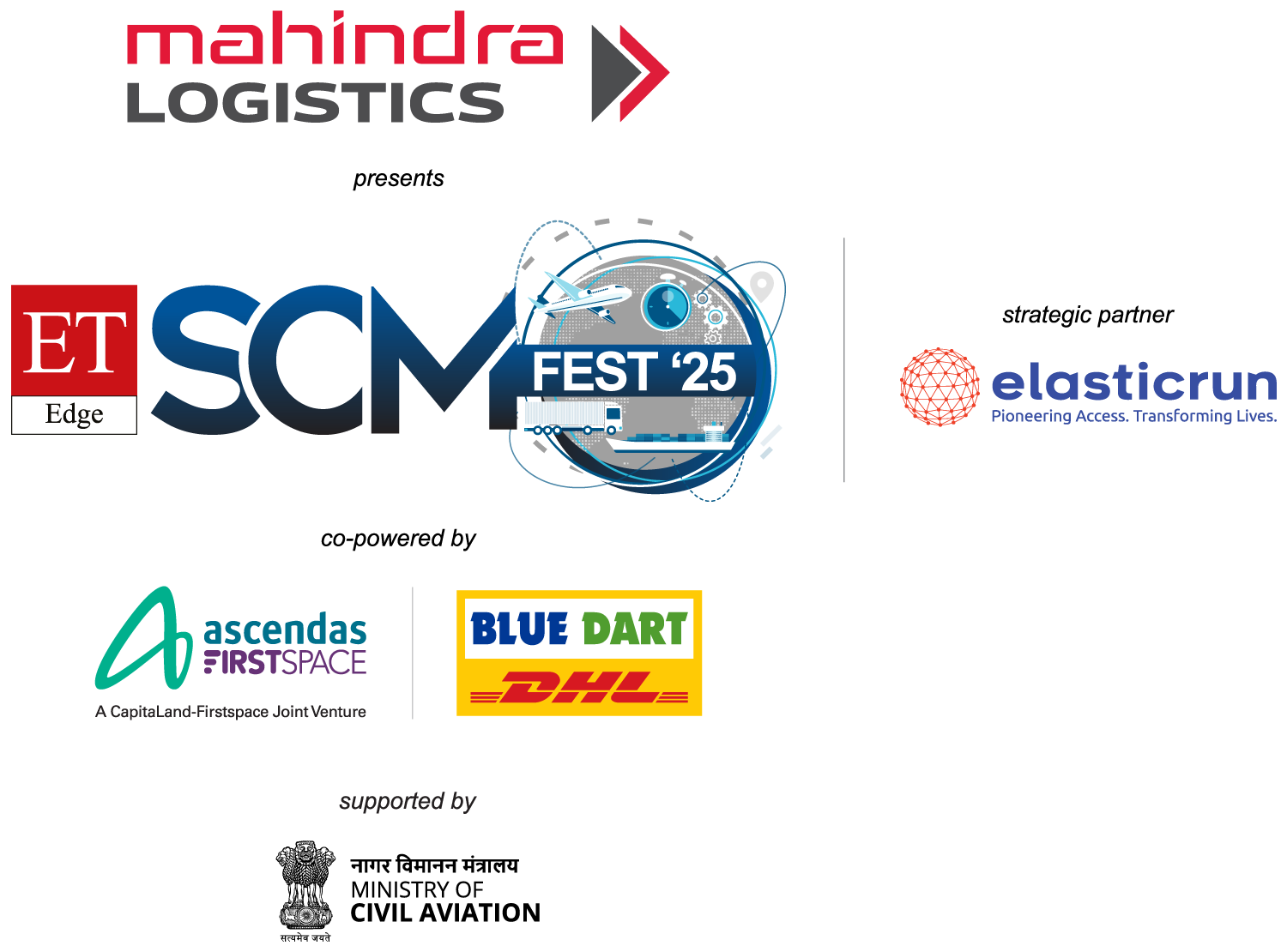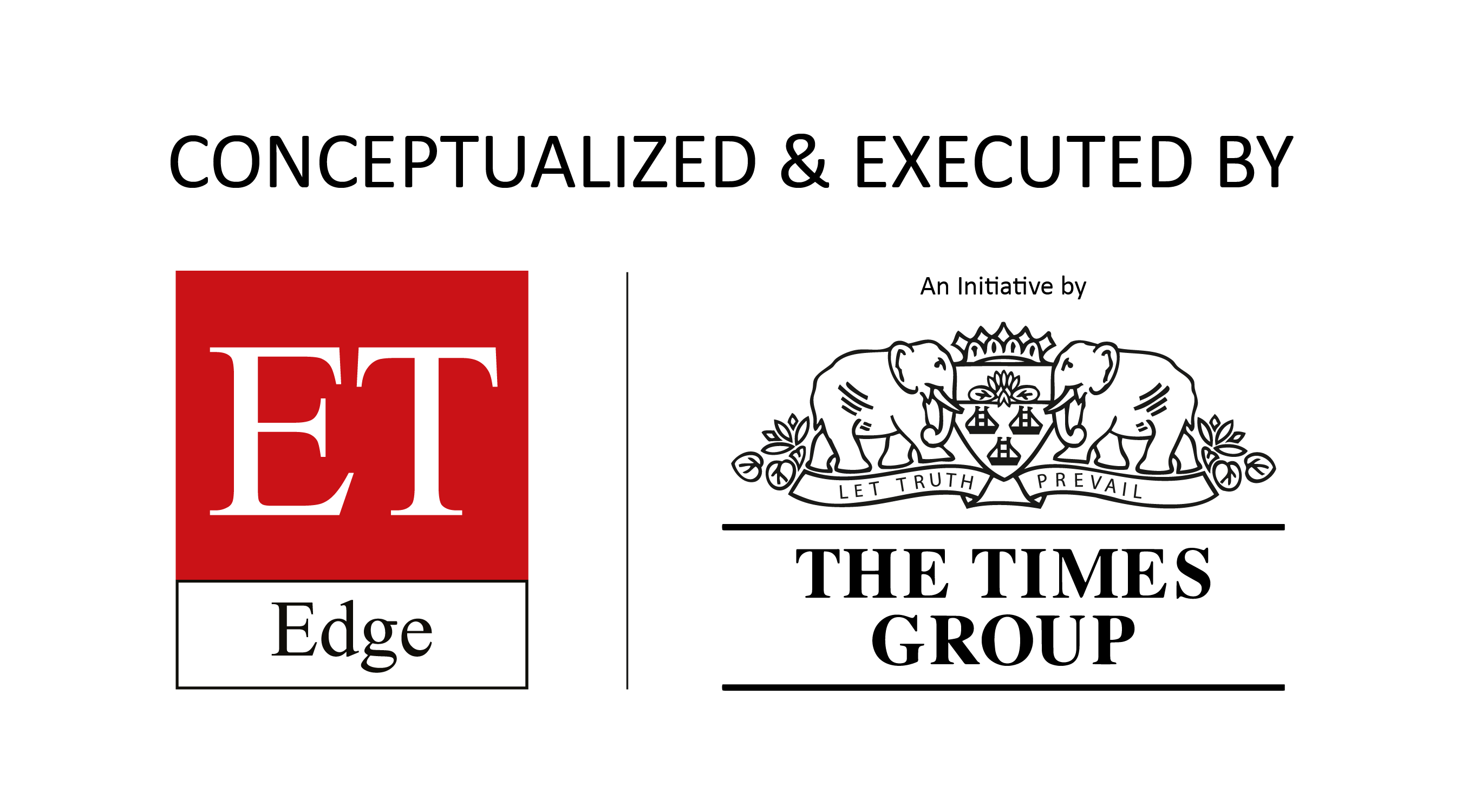Article
- Home
- Article

- scmcp2025
- 0 Comments
Advancing India’s Aerospace Supply Chain Landscape
Attributed to: Ashwani Bhargava, Senior Director, Supply Chain Management, Boeing India
India, one of the world’s fastest-growing economies, offers vast growth and productivity opportunities. Over the past three decades, it has accounted for 90% of South Asia’s economic output, ranking among the leading global economies. Projected to grow at 5.8% between 2023 and 2028, India’s economy is set to outpace the global average of 3.4%.
In the aerospace sector, as the world’s third-largest civil aviation market, India’s fleet is expected to nearly quadruple by 2041 compared to 2019. The country is also projected to receive over 90% of South Asia’s airplane deliveries, requiring more than 2,500 new aircraft, while its cargo market is set to expand significantly, with the fleet growing from 15 to 80 airplanes by 2042.
The resurgence of Indian domestic passenger air traffic, surpassing pre-pandemic levels, highlights pent-up demand for travel and underscores the industry’s adaptability. This resurgence reflects substantial long-term growth opportunities. India’s growing middle class, with rising disposable incomes, is a significant driver of air travel demand, both domestically and internationally. Furthermore, the growth in e-commerce is boosting demand for narrowbody conversions, while the expansion of India’s electronics manufacturing industry, particularly in higher-value segments, is fuelling increased demand for cargo services.
As the world’s second-largest military force, India is making significant strides in its defence industry. The government is driving the “Make in India” initiative to enhance indigenous production, leading to record-high defence exports. To support this growth, the government is creating a robust ecosystem for defence manufacturing through a policy framework, encouraging foreign investment, and promoting exports. Additionally, the Indian armed forces are undergoing extensive modernization with advanced technology to meet evolving security challenges. As a result, the Indian defence market is poised for substantial growth, driven by modernization needs, a focus on self-reliance, and increasing export potential.
India’s rise as a supply chain hub
India is emerging as a formidable contender in the global supply chain landscape. The country’s traditional strengths in engineering, extending beyond software to encompass broader engineering disciplines and coupled with a maturing supply base, have converged with a substantial improvement in manufacturing quality over the past decade. This unique synergy makes India a suitable destination for industrial investment, presenting a new and promising hub for global manufacturing and sourcing strategies. Additionally, initiatives like “Make in India,” financial incentives and infrastructure development have created a conducive environment for growth.
Supporting the growth of the ecosystem
The Indian aircraft component manufacturing ecosystem has witnessed significant growth in recent years, driven by the expansion of the local supplier network. Boeing’s commitment to fostering and empowering the supplier network in the Indian aerospace and defence sector is fundamental to our supply chain strategy in India. Despite currency depreciation, our annual sourcing from India has risen from $250M to $1.25B over nearly a decade, with our supplier network expanding by 2X to over 300 today – making us the largest foreign OEM exporter from India. Notably, over 25% of these partners are Micro, Small, and Medium Enterprises (MSMEs) integral to our global supply chain. This growth is propelled by significant advancements in quality and capability along the value curve, transitioning from simple assemblies to more complex ones, including advanced materials like composites, thermoplastics and new technologies like full-size determinant assembly (FSDA), which further employs advanced manufacturing technologies such as robotics. We have launched multiple qualifications/ development programs with Indian suppliers cutting across Aerospace grade Raw Materials, Standards, Interiors and Structures. Additionally, Boeing employs a 13,000 people through its network of suppliers. Through programs such as “Kaushal,” a Boeing India Supply Chain initiative for skill development, Boeing continues to partner with the industry to make the workforce more diverse and inclusive by deploying people with special abilities, and people, including women, from economically disadvantaged backgrounds.
Making in India for the World
Our joint venture with Tata Advanced Systems Ltd. (TASL), Tata Boeing Aerospace Limited (TBAL) in Hyderabad, is a state-of-the-art facility that showcases our commitment to Make in India and Aatmanirbhar Bharat. TBAL manufactures aero-structures for Boeing’s AH-64 Apache helicopter, including fuselages, secondary structures, and vertical spar boxes for customers worldwide, including the U.S. Army. More than 250 fuselages have been delivered by TBAL, with over 90% of the parts used manufactured in India, sourced from over 100 MSME suppliers. In early 2023, TBAL completed delivery of the first fuselage for the Indian Army’s six AH-64 Apache attack helicopters and vertical fin for the Boeing 737 aircraft.
Some additional examples of our collaboration with Indian suppliers to integrate them into our global supply chain network include:
- TASL manufactures complex floor beams for the 787-8, 9 and 10 Dreamliners & Fan Cowl for 737 MAX.
- Mahindra Aerostructures Pvt Ltd (MASPL) manufactures 737MAX inlet outer barrel components and sub-assemblies, the legendary single-aisle family of airplanes, at the state-of-the-art MASPL facility in Narsapura, near Bengaluru.
- Wipro Infrastructure Engineering’s aerospace business unit manufactures complex strut assemblies for 737 MAX and next-generation 737 airplane programs.
- Bharat Forge manufactures a range of titanium-forged parts for 777X platform.
- Dynamatic Technologies Limited, Bengaluru manufactures critical P-8 Power and Mission Cabinets and F-15 Structures for our defense business.
- Boeing has qualified Motherson Sumi Systems Limited (MSSL) to manufacture and supply injection moulded thermoplastics parts for commercial airplane interiors.
- Bengaluru-based SASMOS HET Technologies has signed a manufacturing contract with Boeing to supply electrical panels, shelf assemblies and electrical wiring systems for Boeing 767 and 767-2C aircraft.
- Rossell Techsys, a Bengaluru based MSME supplies Wire Harness for multiple Boeing platforms for our defence business.
- Indian suppliers continue to perform at the global platform. Over the last few years, our key suppliers like Cyient, Tata, Rossell and Dynamatic Technologies Limited have won the annual ‘Supplier of Year’ award among a network of over 11,000 global suppliers.
Looking ahead
As our supply chain network in India continues to enhance its capabilities, we anticipate further growth. This underscores Boeing’s “Making in India for the World” initiative, centred on technology value addition and manufacturing complexity. Boeing will continue to invest in local manufacturing, co-production, co-development, skill enhancement, and innovation initiatives to support the growth of the larger aerospace, defence and commercial aviation ecosystem.
© Copyright 2025. All Rights Reserved.


